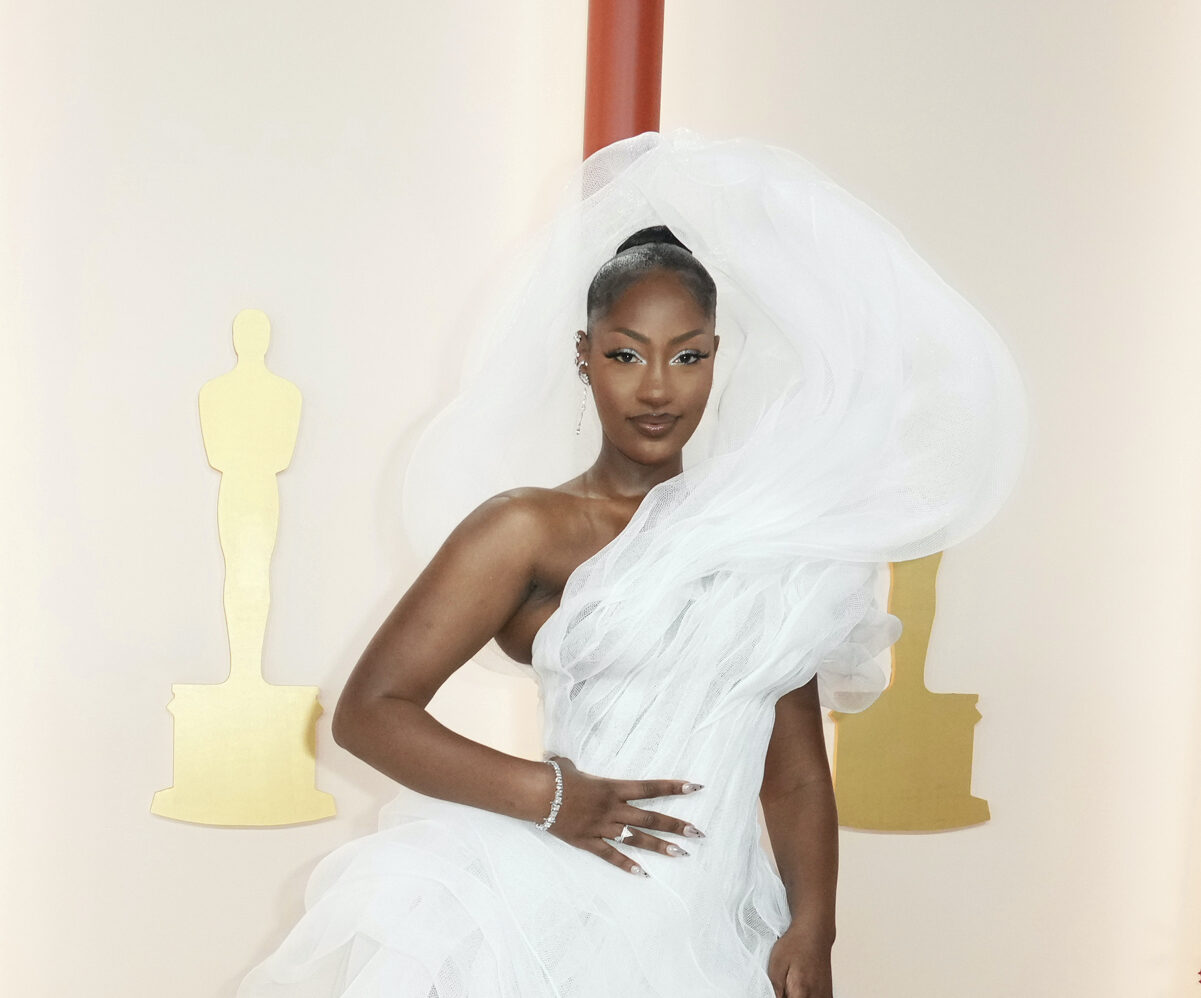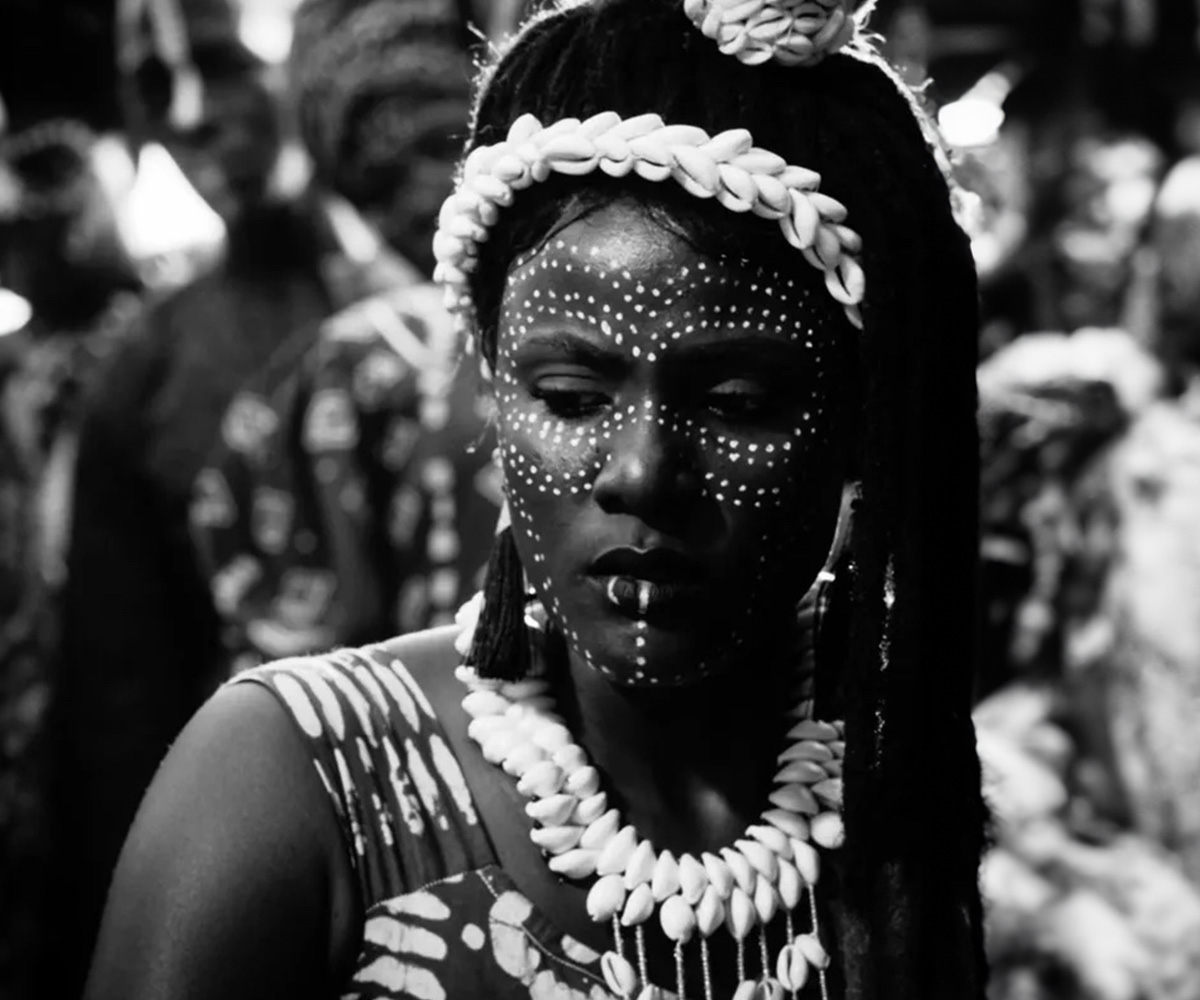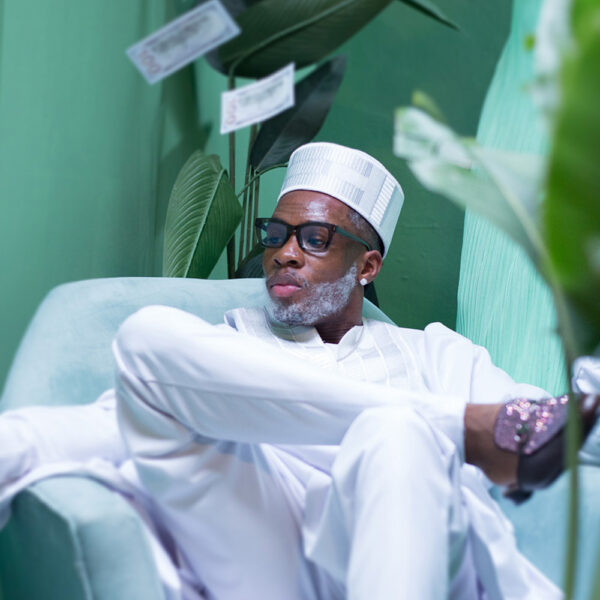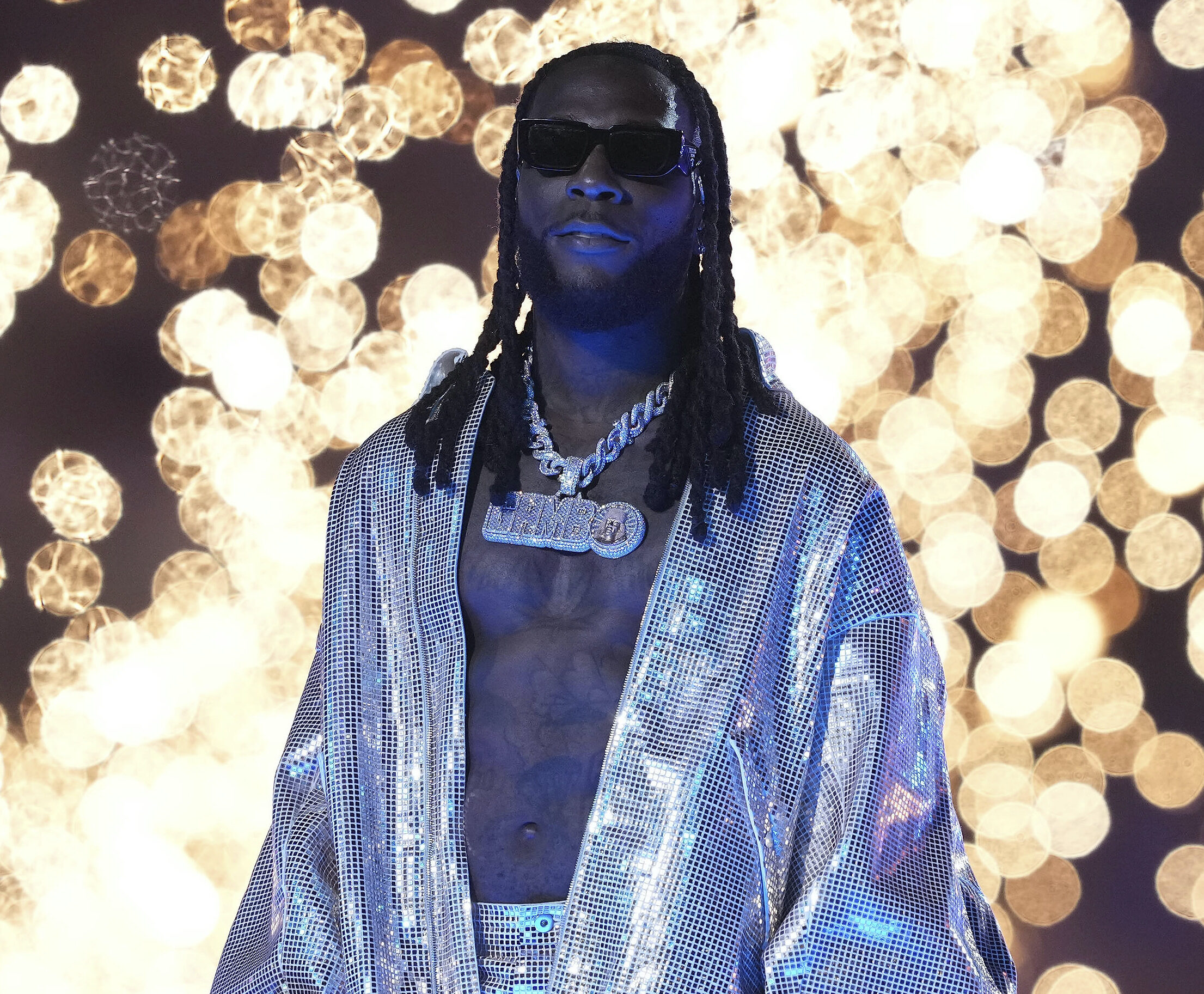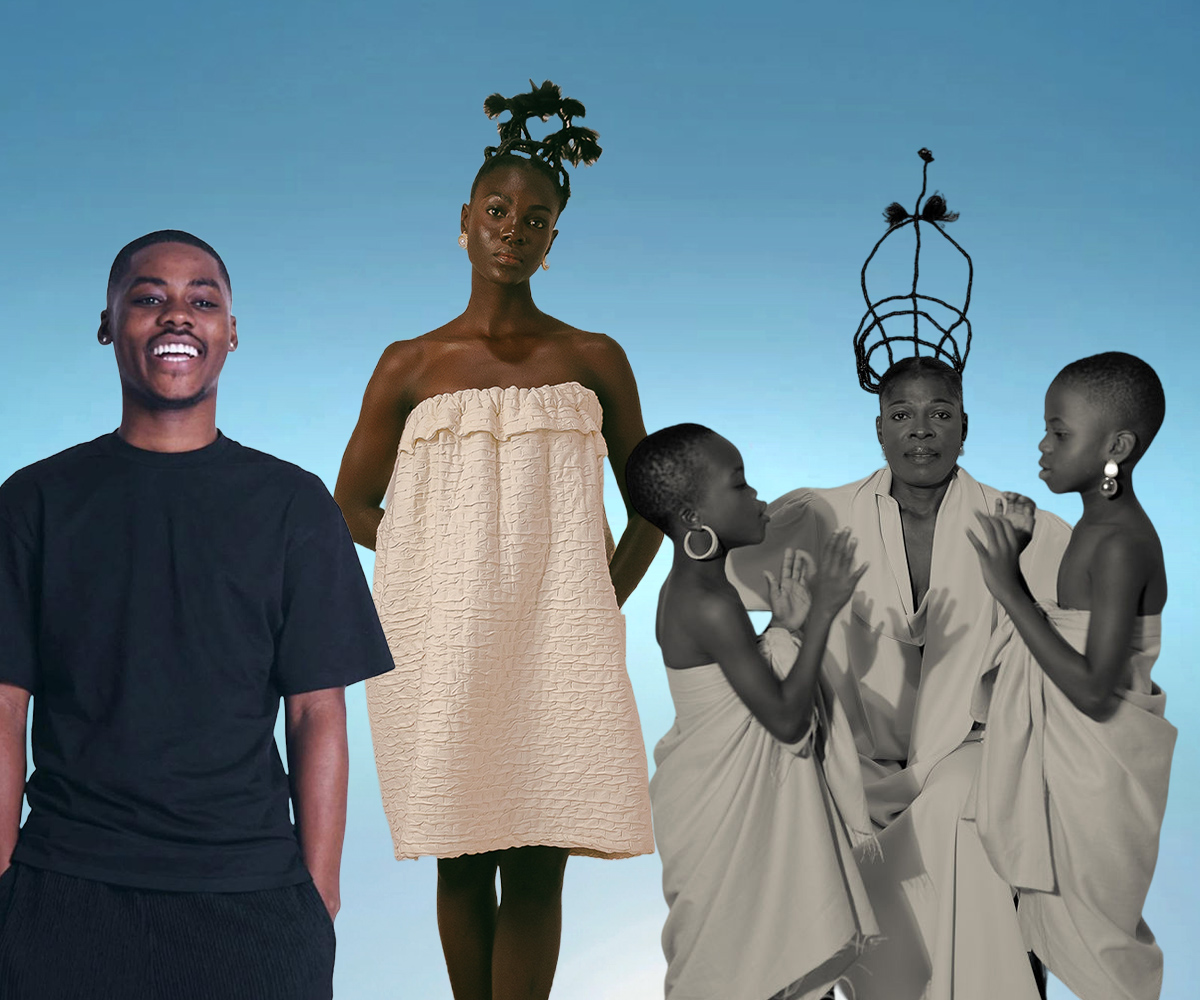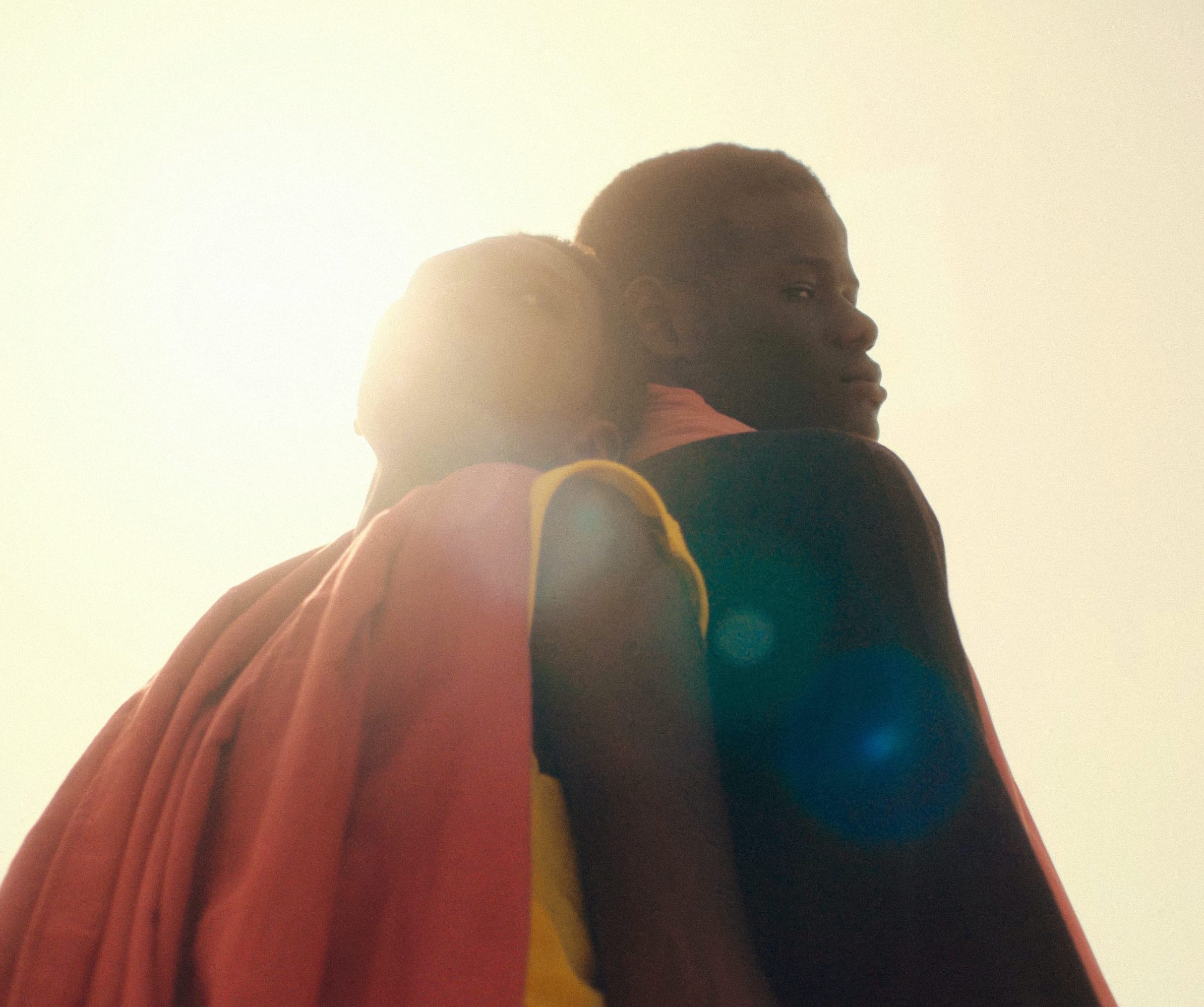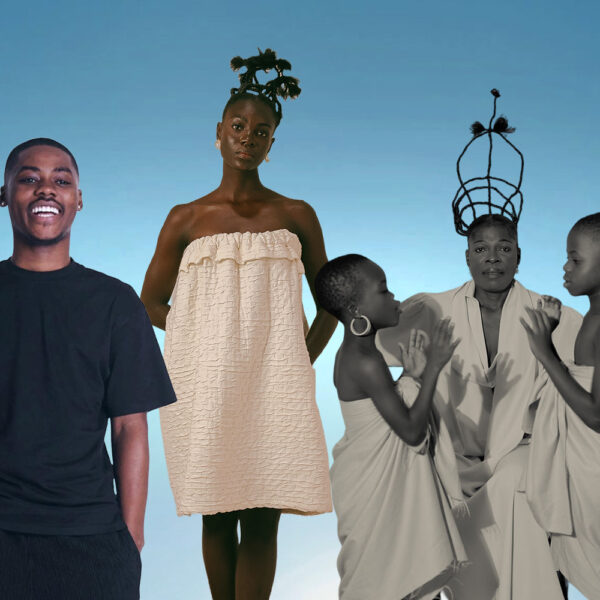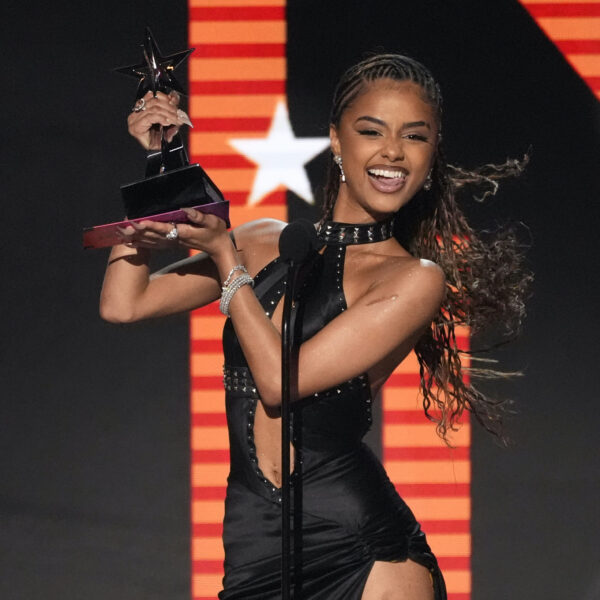
Photo credit: AP Images
Film & TV
The Top 2024 Cultural Moments Across The Continent

Photo credit: AP Images
Africa’s creative renaissance saw young innovators in music, fashion, and film captivate the global stage.
By Wale Oloworekende
December 2024
Africa currently stands at a crossroads. Blessed with an ingenious population of young people who are making huge leaps in music, fashion, art, sport, and film, the continent continues to have standout moments that hint at its promise even if political impediments and lack of access to funding continue to delay the pace of cultural growth. 2024 has been another hugely important year for African culture as practitioners from the continent made huge strides on the global scene and turned the attention of the world towards more exciting projects and events developing across Africa.
At STATEMENT, we compiled a list of moments from this year that have piqued our interest and showed African culture at its best and most engaging.
Ivory Coast Triumph In African Cup Of Nations
There are very few sports that matter to Africans like football does. The beautiful game is played across the length and breadth of the continent, and there’s no bigger stage for its celebration than the African Cup of Nations, the continental championship that decides Africa’s best football team. The 34th edition of the tournament took place on the Ivory Coast from January 13 to February 11 2024. It was a rollercoaster of emotions that ended with the host nation winning the tournament after nearly crashing out in the group stage. For nearly a month, the whole continent was keenly focused on proceedings in Ivory Coast as football brought millions of people together.
Tyla’s Grammy Win
In 2023, 22-year-old South African pop star, Tyla, announced her arrival on the world stage thanks to the success of her smash hit, “Water,” which went viral on TikTok. Since then, she has become the toast of global fashion houses and award ceremonies as well as released her self-titled debut album. Impressively “Water” received a nomination in the inaugural Best African Music Performance Category at the 66th Grammy Awards. Despite facing stiff competition from a host of other talented African acts like Davido and Burna Boy, Tyla walked away with the award, making history as the first-ever Best African Music Performance winner.
The Record-breaking Success of TitoM & Yuppe’s “Tshwala Bam”
In the post-pandemic era, Amapiano, the South African musical genre, has risen to popularity thanks to its intricate blend of wavy synths and engrossing log drums. 2024 has not been an exception with more landmark successes recorded, but no song held the public’s attention as much as TitoM & Yuppe’s “Tshwala Bam. ” Released on the 23rd of February, the song features vocals from S.N.E and EeQue in isiZulu and references the temptation to use drugs to escape the realities of socio economic issues. Despite its grim subtext, “Tshwala Bam has gone on to become a success, receiving over 100 million streams on Spotify and becoming an African sensation.
African Music Shines At Coachella
Very few global stages hold the allure of the annual Coachella Valley Music and Arts Festival. With the rise of African music in popularity, several African acts have been playing the festival. 2024 saw a more eclectic showing from African acts as stars operating across different genres got the opportunity to thrill fans. Headlining act, Doja Cat, paid homage to her South African heritage by including The Joy, a five-man South African acapella group who performed alongside her in neo-classic Isicathamiya fashion during a stretch of her set. Tems debuted her Grammy-nominated hit, “Love Me Jeje”, during a performance on stage and Nigerien rock band, Mdou Moctar, held the audience’s attention all through their set on the Gobi Stage.
30th Anniversary Of South African Democracy
It has been 30 years since Nelson Mandela and the African National Congress emerged as the winners of the first multiracial elections in South African history. After a brutal apartheid regime that suppressed the rights of millions of Indigenous South Africans, they got the right to elect their leaders in 1994 after years of domestic and international pressure. The intervening 30 years have seen the country record some gains with regard to integration and unity although the legacy of apartheid remains. 30 years later, the ideas of anti-apartheid activists like Oliver Tambo, Nelson Mandela, and Govan Mbeki have borne fruit even if the country remains a work in progress.
Release of Disney’s Iwájú
African animation has seen a meteoric rise in the last two years. In 2023, Disney+ premiered Kizazi Moto: Generation Fire, an afro-fusionist animated short film series produced by South African animation studio, Triggerfish. This year, Disney took things further with the release of Iwájú, a collaboration with Pan-African British production house, Kugali Media, that came on the back of a promise to compete with Disney in Africa. Set in a futuristic re-interpretation of Lagos, the series pays homage to the grit and resilience of the city while signaling to the world that African animation is set to become a major force in the years to come.
Driscus du Plessis and Israel Adesanya All-African UFC Fight
In recent years, mixed martial arts has risen in popularity across Africa with a slew of fighters tracing their origin to the continent and flying the flag of those countries during their match-ups. In August, Nigerian fighter, Israel Adesanya, popularly known as the Last Stylebender, and South African fighter, Driscus du Plessis, competed in the first all-African UFC bout. Despite a tense rivalry between them going into the fight, they embraced one another post-fight and agreed that their bout–and the attention it garnered–shows the rising popularity of martial arts in Africa and the potential for growth and more African involvement as the sport evolves.
Mavin Records and Universal Music Group Deal
For more than a decade, Mavin Records has been operating at the epicentre of popular music from west Africa. Founded by lauded music producer, Don Jazzy, the record label has launched the career of Afrobeats stars like Rema, Ayra Starr, and Crayon among others. In February, Universal Music Group announced a majority investment in the label in a first-of-its-kind deal that will further expand the reach of artists on the label’s roster. Per the announcement, the deal will accelerate Mavin’s strategic advancement and continue building its business into a super-serving, pan-African entertainment company. The next chapter of Mavin’s history is bright as it continues to be a key stakeholder in African music.
Letsile Tebogo’s Historic Gold Medal At 2024 Paris Olympics
From July 26 to August 11, Paris was the toast of the sporting world as thousands of athletes from across the world came together to compete at the Olympics. While Africa didn’t have the best of showings, there were very few moments as heartwarming as the triumph of Mostwana athlete, Letsile Tebogo, in the 200m finals. Finishing ahead of American sprinters, Kenneth Bednarek and Noah Lyles, Tebogo secured the first Olympic gold medal in Botswana’s history and instantly wrote his name in the country’s folklore. His finishing time of 19.46 seconds also set a new African record for the event culminating in a national holiday to celebrate his victory in Botswana.
Kenyan Finance Bill Protests
For over seven weeks starting from the middle of June to the beginning of August, Kenyans protested a deeply unpopular finance bill that proposed tax increases by the Kenyan Government. With its youth population at over 70%, Africa hosts the largest number of young people anywhere in the world. Incensed by the hardship introduced by the bill, young Kenyans made their voices heard with a series of decentralised protests that were often crushed violently by state agents. After weeks of unrest, including protests at the Kenyan Parliament, President William Ruto decided against signing the bill into law.

